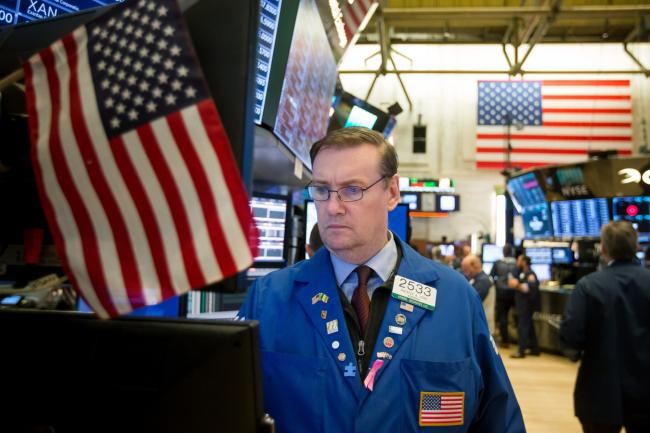(Bloomberg) -- One of the main culprits for Tuesday’s oil price rout was a rush by Wall Street banks to cover their exposure to oil producers’ hedges, according to analysts at Goldman Sachs Group Inc (NYSE:GS).
U.S. oil prices plunged 7.1 percent on Tuesday, the most in three years, before recovering on Wednesday.
Goldman analysts blamed the rout on a combination of momentum trading strategies, and selling from financial institutions which had helped arrange hedges on behalf of oil producers. Goldman is itself one of Wall Street’s top commodity banks.
"Increased selling of crude oil futures by swap dealers as they manage the risk incurred from existing producer hedging programs" was a key contributor to the rout, analysts including Jeff Currie said in a note.
Producers often lock in their price exposure by buying put options from banks. As prices fall toward the level where the options pay out, the banks are then forced to sell ever greater numbers of futures to hedge their own risk.
Goldman didn’t single out any producers that have locked in their oil price exposure, but there are only a handful of hedging programs large enough to trigger wild market swings.
The first is the Mexican government oil hedge, the largest sovereign program to protect oil revenues and the largest derivatives deal of its kind on Wall Street. The second is the hedging activity of U.S. shale producers.
Mexico alone hedges about 250-to-300 million barrels of crude a year purchasing put options from half-a-dozen or so banks and trading houses, including the likes of Goldman, JPMorgan (NYSE:JPM) & Chase Co., Morgan Stanley (NYSE:MS) and Citigroup Inc (NYSE:C). In the U.S. oil patch, the deals are much smaller, but on aggregate companies hedge even bigger volumes.
Mexico’s hedge in particular has roiled the oil market in the past, including in 2008-09 when Wall Street banks had to sell millions of barrels of futures in a falling market to protect their own positions, according to people with direct knowledge of the trading at the time.
